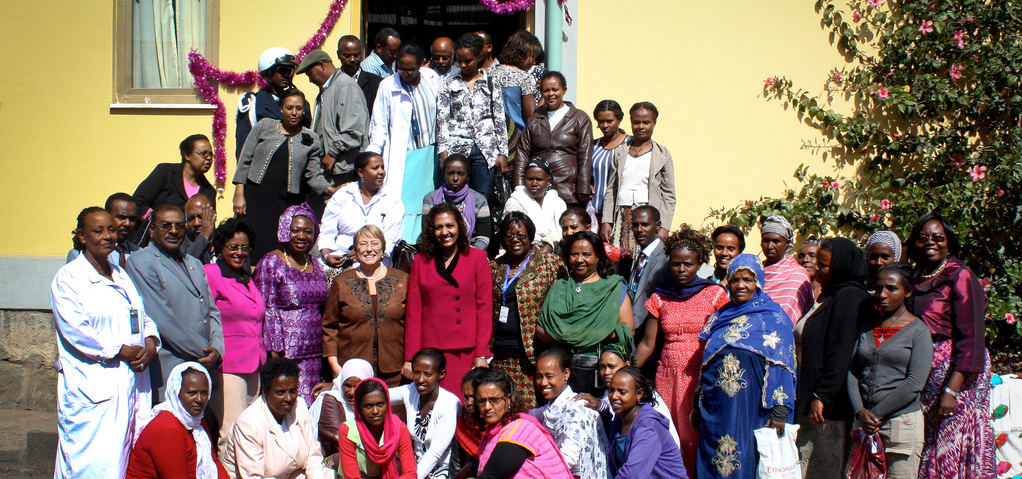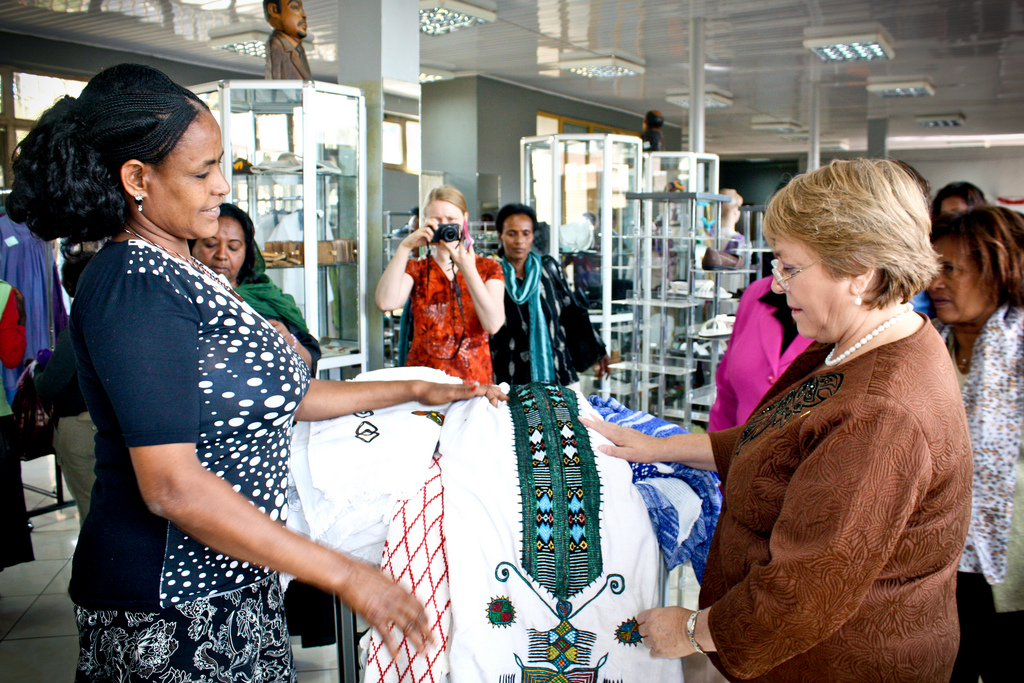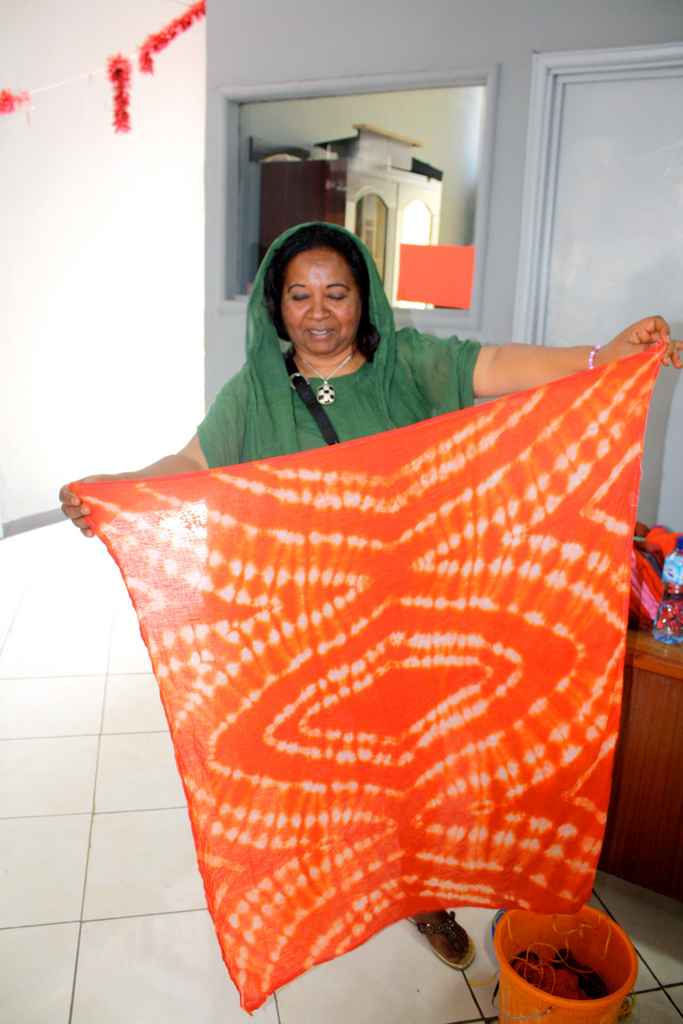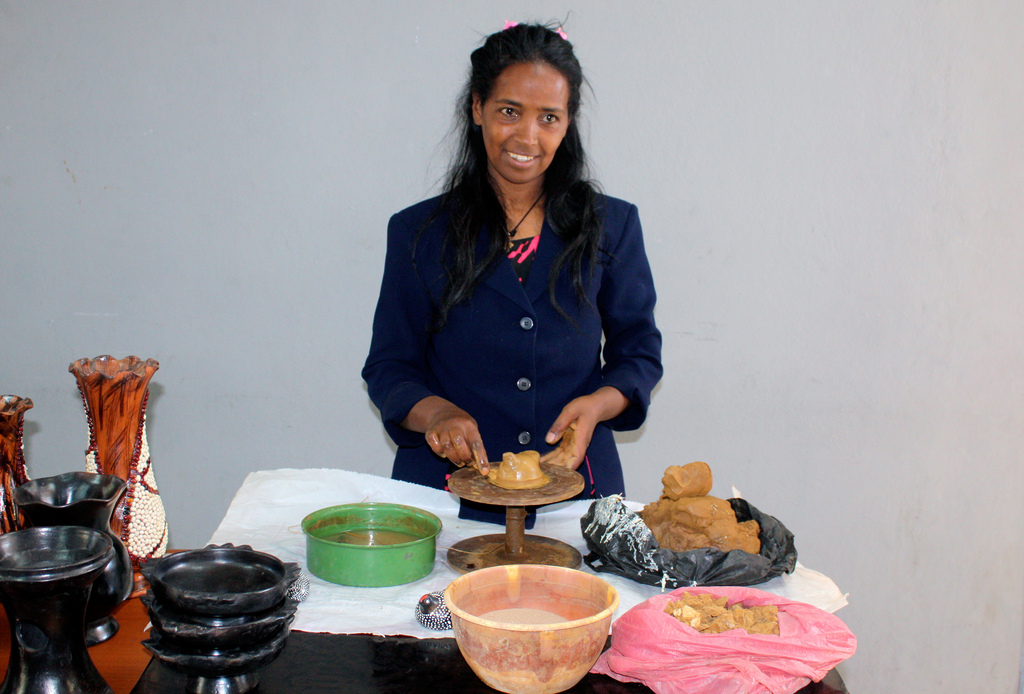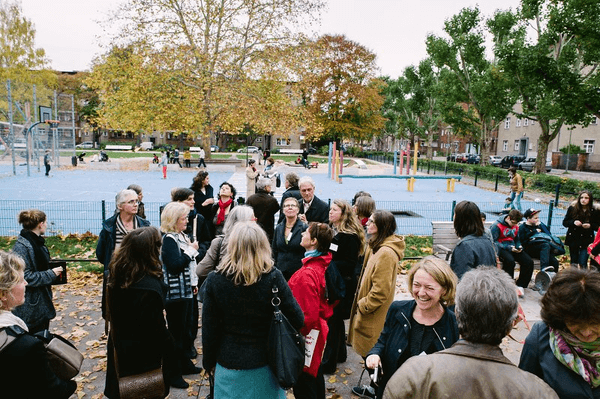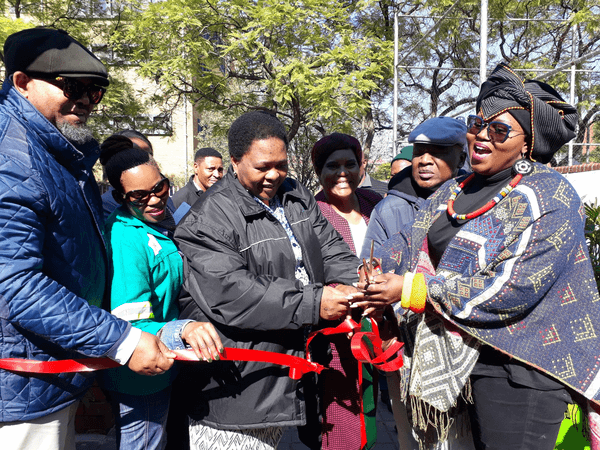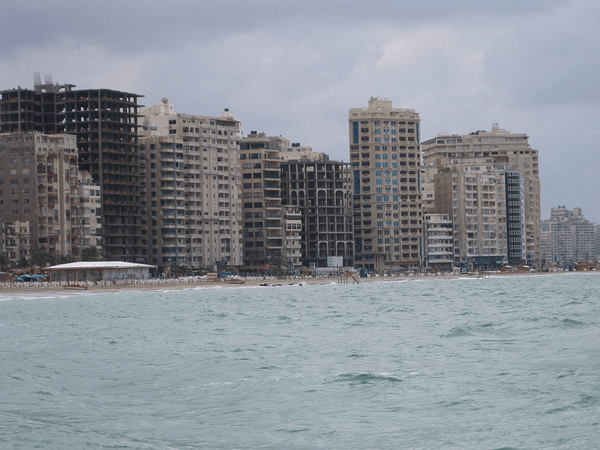The MSE programme is conducted through the Micro and Small Enterprise sector of the Trade, Industry, and Tourism Bureau. The city of Addis Ababa places great importance on micro and small enterprise support and therefore created a sector specifically for the MSE programme. The MSE sector is divided into three departments: Micro and Small Enterprise Development, Marketing Research and Promotion Development, and Cooperatives Promotion and Controlling Department. 10 branches of the MSE sector are administering the programme at district levels. At the kebele level, the smallest administrative unit in Ethiopia similar to a neighbourhood, there are 116 sub branch offices each with its own kebele chief to carry out the MSE programme.
The MSE department defines a micro enterprise as one with few employees and assets not exceeding 20,000 birr ($2,326). A small enterprise has more employees and assets between 20,000 birr and 500,000 birr ($58,140). The MSE gives preferential treatment to the development of enterprises in the textile and garment, wood and metal works, food processing, construction, and municipal activities industries. Two types of support are provided to micro and small enterprises: maximum and minimum. Maximum support is given to enterprises in the preferred industries that show a large market size for their product, large employment opportunities, short period of loan return, use of local materials, and the opportunity for growth.
Maximum support involves eight provisions:
-
Work sites with an inexpensive lease
-
Product display areas for an inexpensive price
-
Technical and business management training
-
Counselling services
-
Loan provision
-
Market linkage possibilities with government development programmes (e.g. housing development)
-
Ability to participate in exhibitions and trade fairs
-
Access to technology
Minimum support involves four benefits:
The MSE beneficiaries are technical and vocational school graduates, unemployed women and youth, existing micro and small enterprises, the disabled and the extreme poor.
The government of Addis Ababa works with NGOs, training institutions (e.g. GTZ for skills training, business development), and micro-credit finance institutions to carry out this programme. A steering committee has also been created. The steering committee is made of the three main supporting organizations (MSE department, micro finance institutions, and technical and vocational education and training) and stake holders (MSE business owners or interested business owners). The steering committee is tasked with solving problems faced by MSE owners and evaluating the of the MSE programme.
The MSE programme includes a special measure to increase the employment for women. 51% of the residents in Addis Ababa are women. In 2010 37% of the jobs created were given to women. Women Job Creating Teams have also been established. The Women Job Creating Teams exist on the kebele level. They are tasked with creating jobs specifically for women and bringing the advantages of the MSE programme to women. The Women Job Creating Teams train unemployed women how to find employment, start a micro or small enterprise, and how to face and overcome challenges in the business world. The government of Addis Ababa has also set aside 50% of jobs in sectors like car parking services and waste collection for women.
